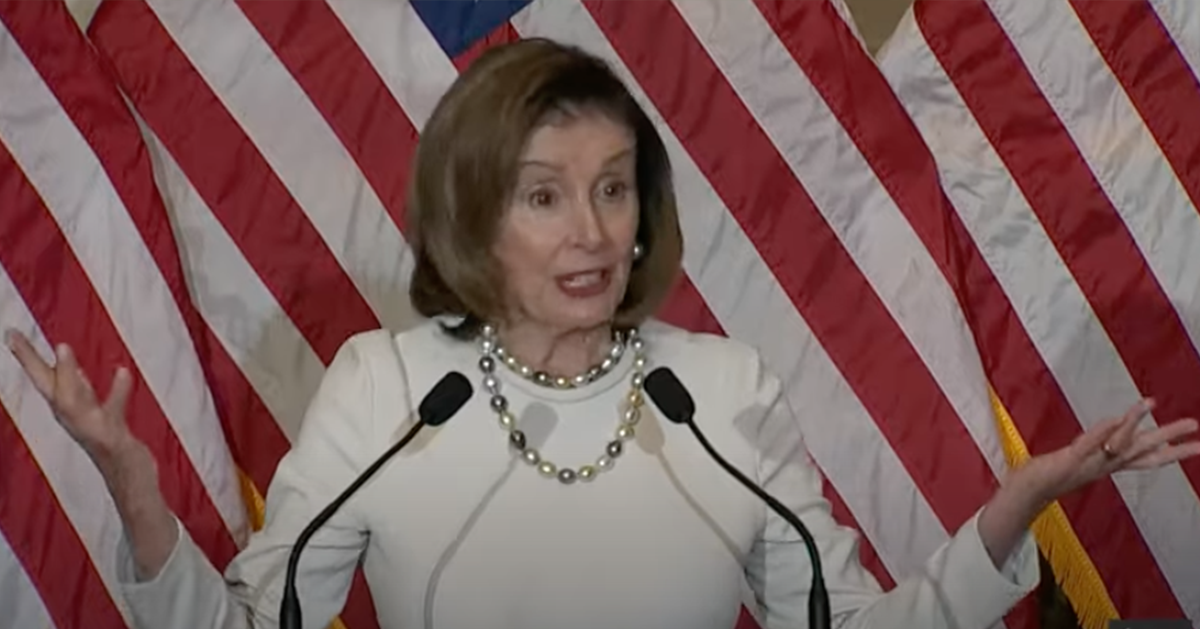Administration revokes security clearances of prominent Trump foes
In a sweeping move led by Director of National Intelligence (DNI) Tulsi Gabbard, security clearances have been revoked for several prominent figures who once held high-ranking positions, and this action aligns with President Donald Trump's recent directive.
The order from Trump, followed by Gabbard, asserts that the national interest is no longer served by maintaining these individuals' access to classified information, as Breitbart reports.
Trump issued a memorandum on March 22, claiming that it is unnecessary for certain former officials to retain access to sensitive materials. The affected individuals include former President Joe Biden, Vice President Kamala Harris, and several other noteworthy Democrats and even some Republicans.
Key Figures Impacted by Decision
Among those impacted by the revocation are former Secretary of State Hillary Clinton, former Rep. Liz Cheney, and former Rep. Adam Kinzinger. Additionally, figures such as Fiona Hill and Alexander Vindman, known for their roles during Trump's impeachment inquiry, are also listed.
Trump has vocalized the non-essential nature of such access through his social media platform, Truth Social. In February, he pointed to Biden’s own actions in 2021, wherein Biden restricted Trump's national security access.
In advocating for the revocation, Trump highlighted Biden’s precedent as justification. In his memorandum, he emphasized, "no longer in the national interest" for these individuals to access classified materials.
Motivations Behind Revocations
The recent measures also encompass key figures like former Secretary of State Antony Blinken and former National Security Advisor Jacob Sullivan. Additionally, Deputy Attorney General Lisa Monaco, Manhattan District Attorney Alvin Bragg, and family members of former President Biden are mentioned.
This decision has evoked mixed reactions among political circles, stemming from its perceived motivations. Critics argue that it resembles a retaliatory move mirroring Biden's earlier actions against Trump.
While Trump's stance is clear, the individuals stripped of clearances, including Harris and Clinton, have refrained from public comment. Discontent and debate linger among political insiders and analysts.
Consequences of Security Clearance Revocations
The revocation signifies a significant shift in the treatment of former officials. It raises questions about the longstanding customs regarding access to sensitive governmental information following an official’s tenure.
This development further strains an already polarized political atmosphere, as it adds to a series of partisan exchanges between leading political figures. The move is seen by some as a continuation of the contentious relations between different administrations.
As political tensions thrive, the ramifications of such decisions span beyond the immediate effects, inviting scrutiny and speculation on end goals and political strategies.
Prior Actions, Precedents
As a point of context, the revocation of Trump’s access by Biden at the beginning of his presidency was initially perceived as an unprecedented move. Trump’s recent action appears to build upon this precedent, illuminating the cyclical nature of political strategies.
Whether or not this marks a new norm remains to be seen, but the strategy highlights the ongoing impact of tumultuous transition periods in American governance.
In conclusion, the revocations underscore evolving practices concerning security privileges and continue to highlight the political challenges deeply ingrained in the U.S. political system.
Implications for Future Administrations Emerge
This episode prompts a reevaluation of security protocols regarding former officials, as policymakers and stakeholders contemplate future directions. As the situation evolves, its impact on subsequent administrations is inevitable.
Uncertainty prevails on whether these measures foster a pattern or represent an isolated decision. Undoubtedly, the political landscape will continue its trajectory of transformation and reconsideration.
Amidst debate and deliberation, it is apparent that this development marks another chapter of American political history, with far-reaching consequences for current and future officeholders.




